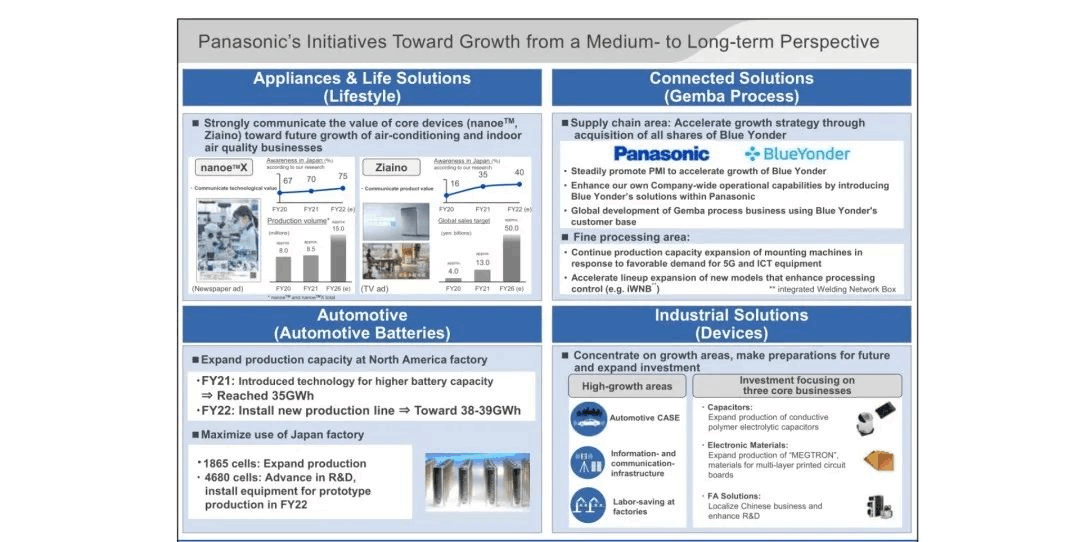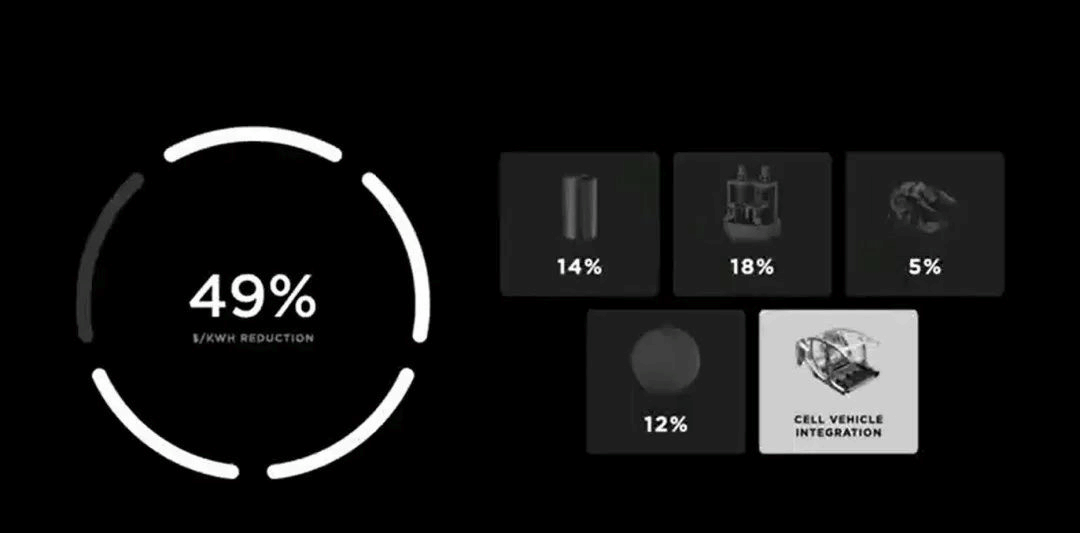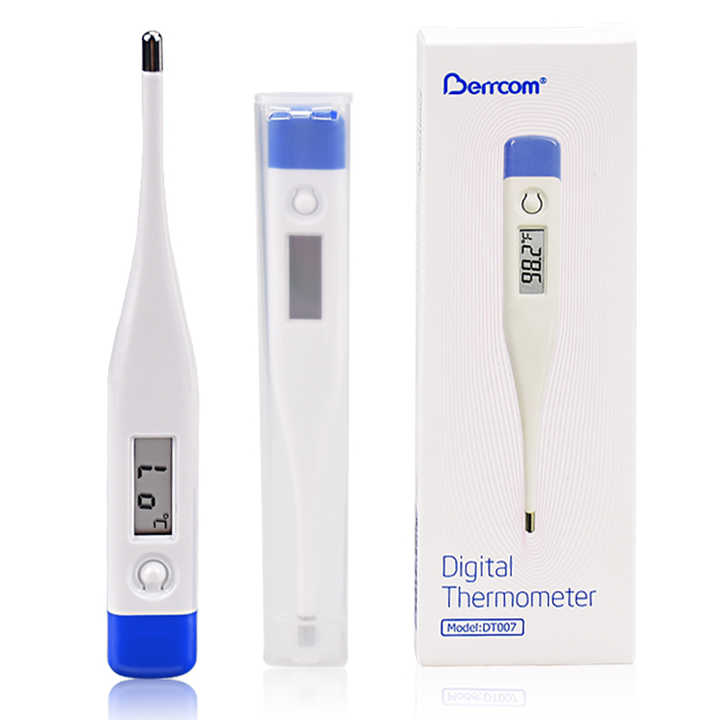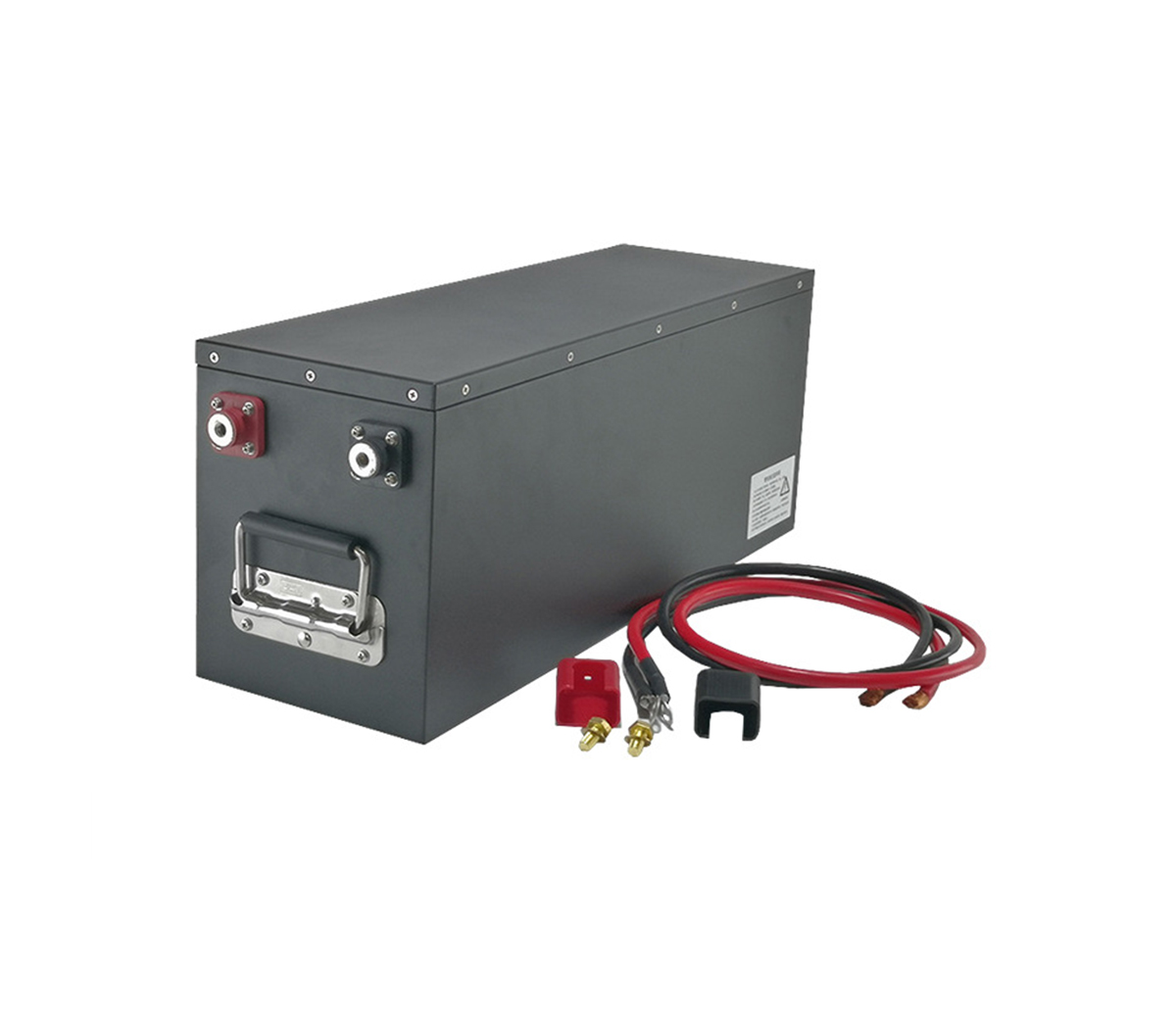Tesla is constantly accelerating progress on the 4680 lithium battery
because Musk sees it as a huge competitive advantage. Japanese battery maker
Panasonic, which makes the 4680 lithium battery, said it will not produce it
until 2023. At the same time, many well-known battery manufacturers in the
industry are also following the development of this model. Everything seems so
good, however, Bosch now gives us another perspective: 4680 lithium battery may
have temperature problems due to its large size.
At present, there is no standard 4680 lithium battery specification and
detailed test report in the industry. SES Power does not dare to deny Bosch's
point of view, but since the 4680 lithium battery first entered people's field
of vision, many people in the industry have raised doubts.
This view is shared by Jake Christensen in an article on the Bosch Research
Blog. He is the company's lead battery modeling engineer, working at the
research and technology center in the United States. All in all, he created
mathematical models that allowed Bosch to save time developing cells.
Christensen analyzed what Tesla calls the 4680 lithium battery: Considering
that each cylindrical cell has about 1 meter (39.4 inches) of pole pieces,
Tesla's design reduced the total electrical path length from 3.5 meters (137.8
inches). inches) to about 75 mm (2.95 inches). That's why EV makers believe it
will help increase energy density and lower electrical resistance, which in turn
reduces heat generation inside the battery. The problem is that resistance is
not the only source of temperature rise in the battery.
Christensen emphasized that most of the heat generated by the cell comes
from the electrochemistry itself. The Bosch engineer also mentioned, "Larger
cells are generally slower in conducting heat. In other words, unless Tesla has
a special design in the chemistry itself, 4680 lithium cells tend to be more
efficient than smaller 18650, 21700, etc. Cylindrical cells exhibit higher
temperatures."
Car owners have been very aware that a hot battery is not a good thing to
install in an electric vehicle. In addition to the risk of thermal runaway, the
battery will degrade faster if the battery is kept at a higher operating
temperature. Thankfully, Christensen believes that Tesla's claimed 4680 cells
remove thermal issues from the manufacturing process, which needs to be
verified.

According to the information Christensen has, this is incorrect. The higher
radial thermal impedance due to the larger cell diameter will be a problem in
the long run.
As Christensen points out, Tesla may be based on technical details not
fully disclosed by trade secrets and equations that prove that the thermal
problem has been really solved. Or maybe that's why it's taking so long for
these cells to actually be used in electric vehicles.

From a purely technical point of view, SES Power believes that the Bosch
engineer's point of view is very reasonable, because engineers need formulas and
data to demonstrate and verify. As many battery manufacturers have produced
samples of 4680 lithium batteries, although they will not announce all the
parameters and data, we can see that they are constantly accelerating the real
mass production process of this model. Or maybe this echoes the Bosch engineer's
point of view from a certain angle.
The 4680 lithium battery is actually at the intersection of the power field
and the energy storage field. Tesla chose to apply it in the power field first.
In future planning, it may also be applied in the energy storage field. SES
Power has been using square aluminum shell lithium iron phosphate batteries that
can perfectly replace lead-acid batteries to develop and manufacture lithium
battery energy storage systems. Based on cost and future price curves, we
believe that in a relatively long period of time, square aluminum shell
phosphoric acid Iron-lithium batteries will still be the first choice for
lithium battery energy storage systems, so we have launched a maximum current
output of 2000A, voltages ranging from 12V to 560V, and capacities from 1KWh to
1MWh, covering lead-acid replacement, industrial support, UPS, RV , solar energy
storage, home energy storage products, they all use the square aluminum shell
lithium iron phosphate batteries of famous brands such as CATL, EVE, BYD.




































